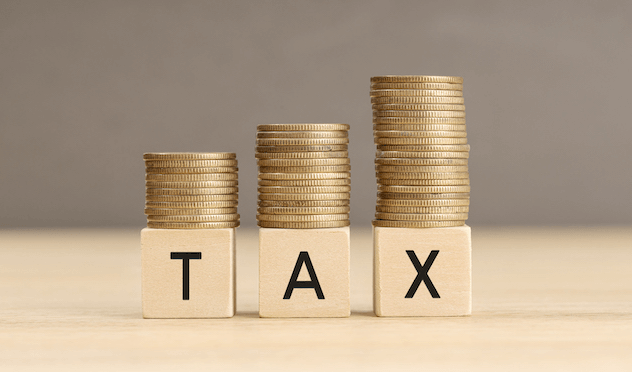Business Live: Concerns Over Corporate Tax Increase

The introduction of a Business Live: Concerns Over Corporate Tax Increase has ignited a complex debate among various stakeholders, particularly small businesses that operate within tight financial constraints. With the potential for heightened compliance costs and reduced investment capacity, these enterprises may find themselves at a strategic disadvantage. Conversely, larger corporations are likely to leverage their resources to navigate these changes, potentially altering the dynamics of shareholder engagement. As the implications of such a tax policy unfold, questions arise about its broader impact on economic growth and innovation, prompting a closer examination of the shifting landscape. What might this mean for the future of entrepreneurship?
Impact on Small Businesses
The proposed corporate tax increase raises significant concerns for small businesses, which often operate on thin margins and limited resources.
These enterprises face heightened tax compliance challenges that may necessitate extensive financial planning adjustments.
As small businesses strive to maintain profitability, the increased burden could limit their ability to invest in growth, ultimately stifling innovation and reducing their competitive edge in the market.
Effects on Large Corporations
Large corporations are likely to experience a multifaceted impact from the proposed corporate tax increase, which may alter their financial strategies and operational frameworks.
In response, these entities might enhance tax avoidance strategies, seeking to minimize tax liabilities.
Shareholder reactions could vary, with some expressing concern over reduced earnings, while others may support sustainable practices over short-term profits, influencing corporate governance.
Read Also Bold and the Beautiful: Finn Leaving Show

Economic Growth and Innovation
Corporate tax increases can have significant implications for economic growth and innovation across various sectors.
Higher taxes may deter investment strategies crucial for nurturing a vibrant entrepreneurial ecosystem. This reduction in capital flow can stifle new ventures and hinder established companies from pursuing innovative projects, ultimately leading to slower economic progress and diminished competitiveness in a global market that thrives on ingenuity and entrepreneurial spirit.
Public Opinion and Political Debate
Rising concerns about corporate tax increases are increasingly shaping public opinion and prompting heated political debates.
Public sentiment reflects significant apprehension regarding potential economic repercussions, contributing to political polarization. Advocates argue that higher taxes could stifle innovation and growth, while opponents claim it is crucial for funding essential services.
This divide underscores the complexity of balancing fiscal responsibility with economic freedom in policy discussions.
Conclusion
In the intricate tapestry of economic dynamics, the proposed corporate Business Live: Concerns Over Corporate Tax Increase a complex narrative of potential challenges and shifts. Small businesses, the lifeblood of innovation, may find their resilience tested, while larger corporations might recalibrate their strategies to navigate the fiscal storm. As the public discourse intensifies, the specter of stifled growth looms large, urging policymakers to tread cautiously. Ultimately, the balance between fiscal responsibility and entrepreneurial vitality remains a pivotal consideration for future economic prosperity.





